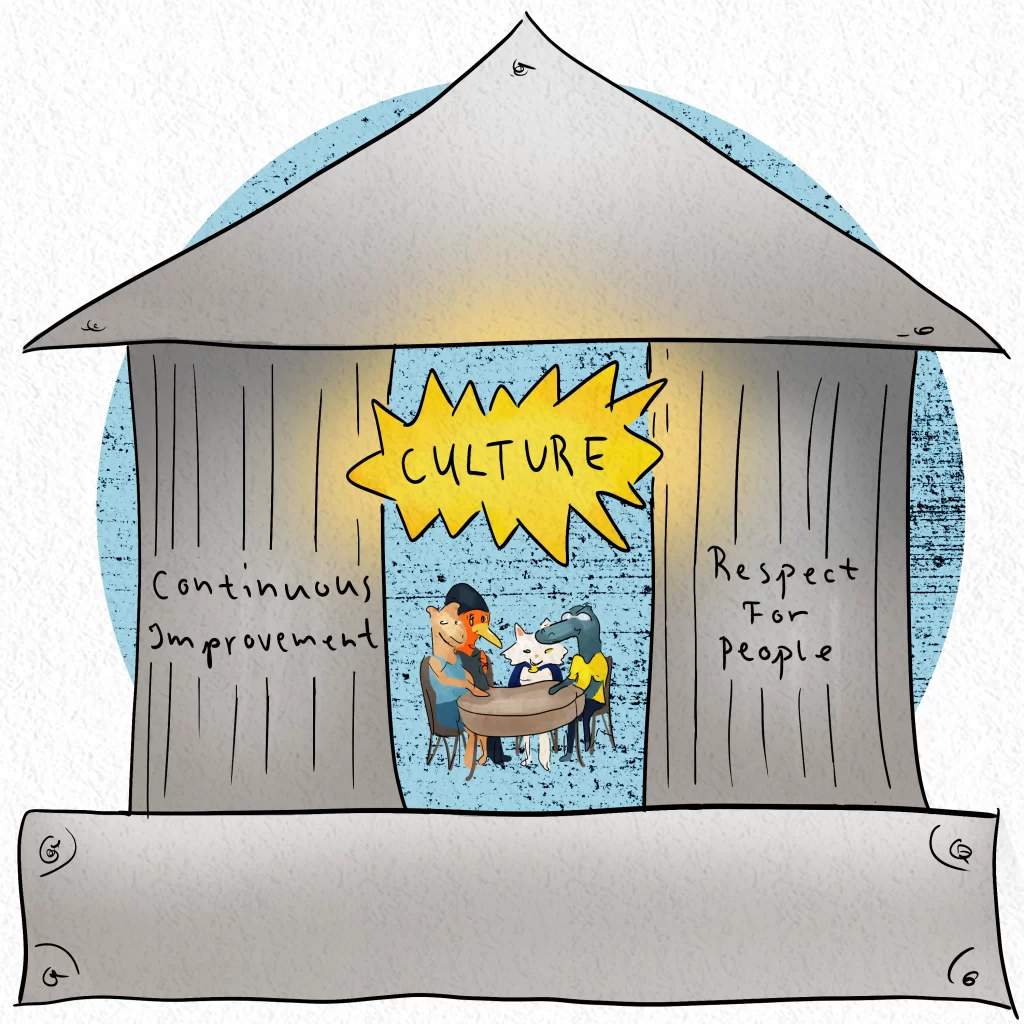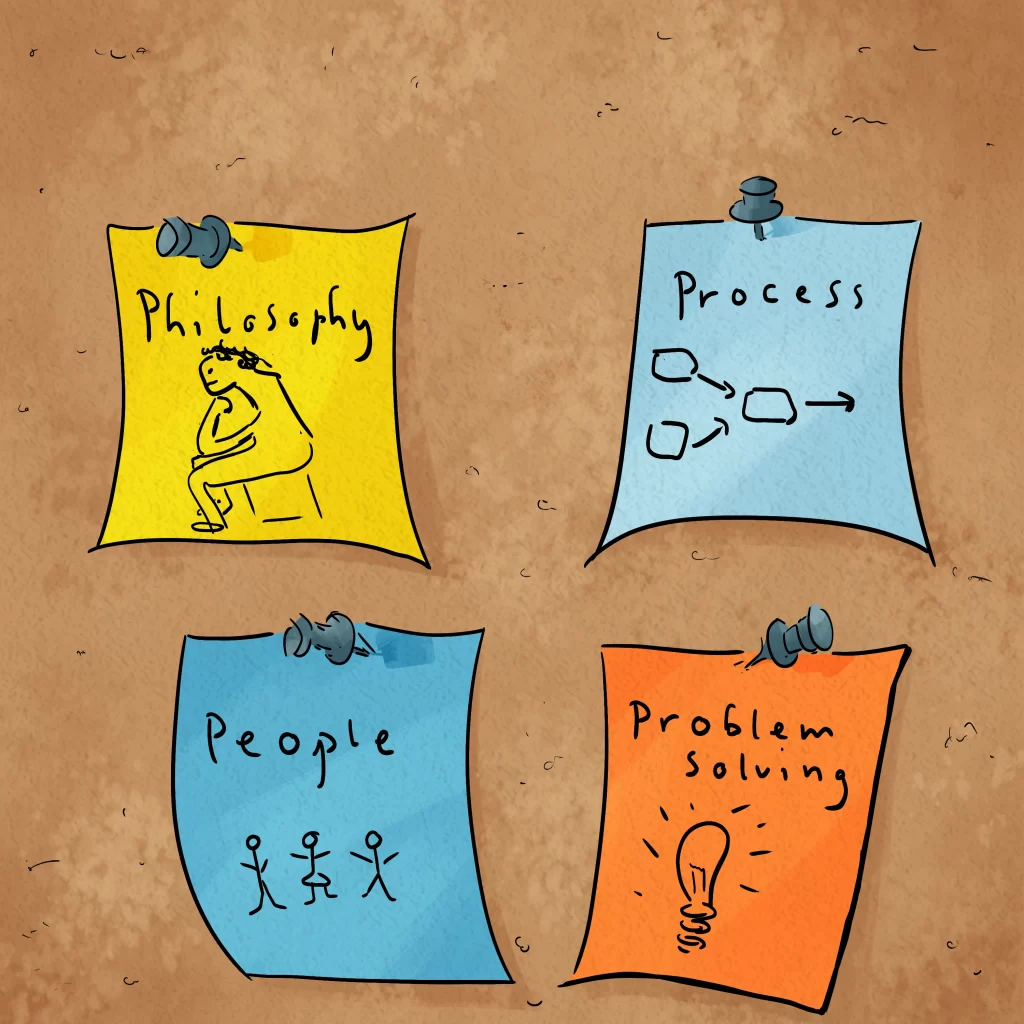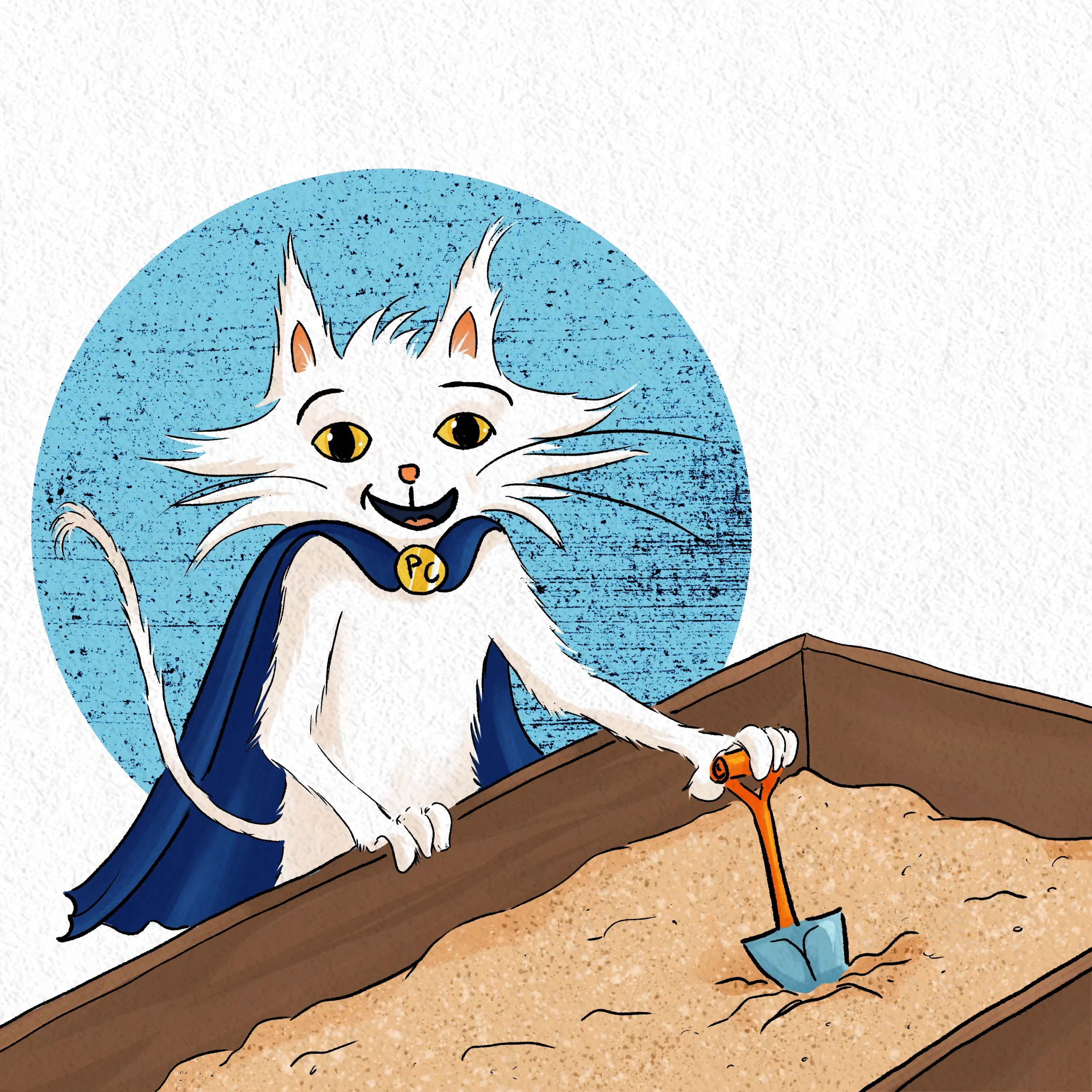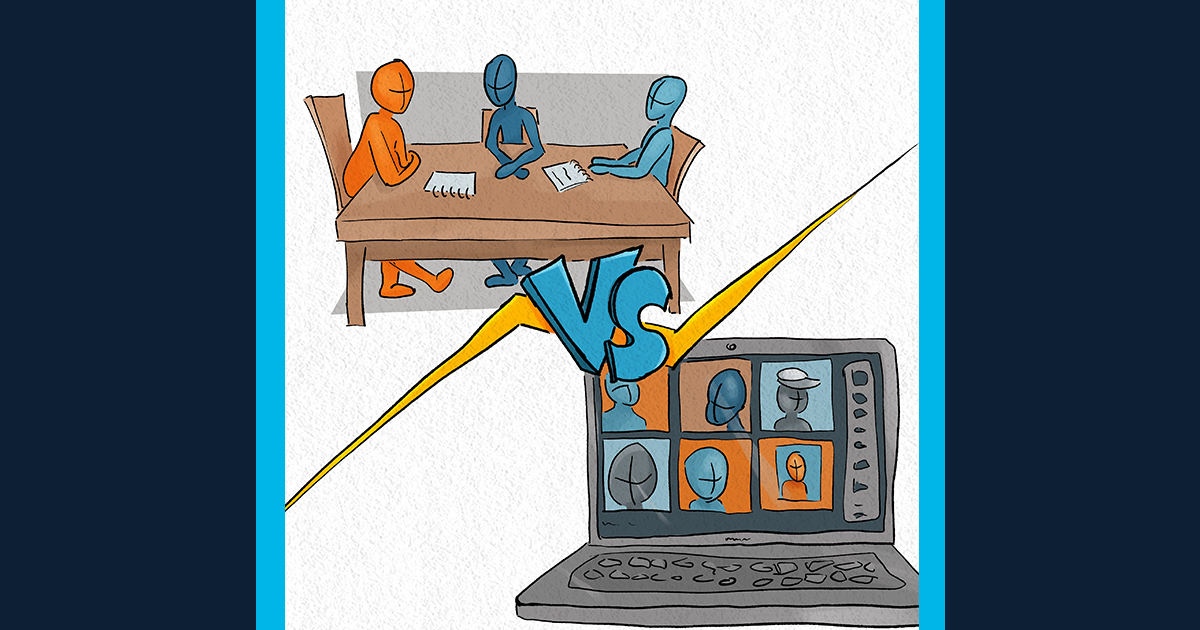If you’re a regular here at Zattatat, you know that we mainly stick to advice on operations, and even more specifically, manufacturing. But sometimes it’s useful (or even necessary!) to step back and look at the institutional context that’s required for a given manufacturing practice to succeed.
No surprises here, today is one of those times 😉
If you read our last article, you know that the Toyota Production System (TPS) is an important model in the Lean Manufacturing landscape and that TPS was, of course, pioneered by the Japanese car manufacturer Toyota. But what we didn’t mention last time was the overall business management system that really allowed TPS to flourish, namely
The Toyota Way
The Zattatat Gang hadn’t heard of the Toyota Way either…
The Zattatat Gang, as you may know, consists of Gary, a full-time accountant and part-time baker in his 40s; Rhonda, who worked as a nurse until her early 50s and then took early retirement and started a woodworking business; and Princess Capybara, who though only in her 30s can already call herself a serial entrepreneur since she cashed out of her biotech startup and started making and selling concrete items that she molds herself, and their friend Process Cat, manufacturing superhero and insatiable consumer of coffee.

Anyway, the gang had recently asked Process Cat for some information on Lean Manufacturing and he was happy to help, starting with the aforementioned Toyota Production System. And once he’d shared that, he suggested they all step back and look at the bigger institutional/management picture, The Toyota Way.

Yes, the Toyota Way is the name of the overarching management philosophy that enables the Toyota Production System. And as you can see, its two main pillars are Continuous Improvement and Respect for People. (Institutional culture is, in turn, the “glue” that holds these together.)
Continuous Improvement
Also called “kaizen,” continuous improvement is a philosophy of making many small, incremental improvements to a manufacturing* process. This would be in contrast to a philosophy of designing a process once (for example, in the research and development department of a larger company) and then never changing it. Crucially, continuous improvement tends to rely on actively soliciting suggestions from the operators of a manufacturing process for ways to make that process more efficient or effective. Which is a perfect segue into…
Respect for People
On the surface, “respect for people” is pretty self-explanatory. But in the context of The Toyota Way, this phrase specifically refers to the policy of developing your people – encouraging people to stay with the company and facilitating that by training them to continue expanding their skills.
(You’re probably familiar with the “what if we train these people and they leave?” meme. If not, google it.)
Anyway, diving a little deeper, there are 4 main principles of the Toyota Way.

Anyway, yes, there are 4 broad principles of the Toyota Way.

Philosophy
The philosophy in the Toyota Way is long-term business thinking. Honestly, this is almost actively discouraged for publicly-traded companies in some countries. Depending on local laws and systems, the long-term success of the company may end up being an afterthought if that to the shareholders’ profits THIS MONTH.
But, this is where you as a small business owner have an advantage: if you’re an owner or partner in a business, you can and will probably want to prioritize the long-term success of your business even if it means a short-term “loss” due to recovering from an unexpected setback or investment in something that will bring big returns down the line.
Process
This is the principle that most closely aligns with the Toyota Production System and with Kaizen: “process,” in this context, is all about streamlining and optimizing your operations. A useful metaphor is to think of optimizing the flow of value from the raw materials that you buy, through your company, to the finished products that you sell. (You can read more about this idea here!)
People
As mentioned above, respect for people is a crucial element of the Toyota Way, and it centers on hiring good people, investing in their professional development, and valuing their input. And remember that this is a two-way street: if you as a business owner want or expect loyalty, respect, and professional courtesy from your employees and contractors, you need to show them the same.
Problem-Solving
The most “scientific” aspect of the Toyota Way and Toyota Production System, Problem Solving is all about taking an objective approach to fixing your manufacturing problems.
To be candid? Don’t let your supervisors or managers (or yourself, depending on the size of your company!) blame “training” when something isn’t going right on your manufacturing line. Rather than simply blaming operators, push yourself and your organization to actually figure out, on a physical level, what specifically was responsible for any scrap, and figure out how exactly to prevent similar problems in the future.
It’s admittedly a lot of work to think about all of these things at the same time, especially for a small business owner! But when these parts are all working together, you, your people, and your system are really setting your business up for long-term success.

Weekly Challenge:
Look through your own business and see if there are ways that focussing on the two pillars or the 4 main principles of the Toyota Way could help your organization be more successful in the long run. And come back next time for more discussion of Lean Manufacturing!
*Actually, the concept of continuous improvement applies to all sorts of business (and even government and nonprofit) processes, not just manufacturing.



